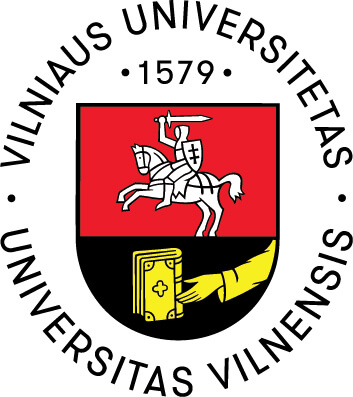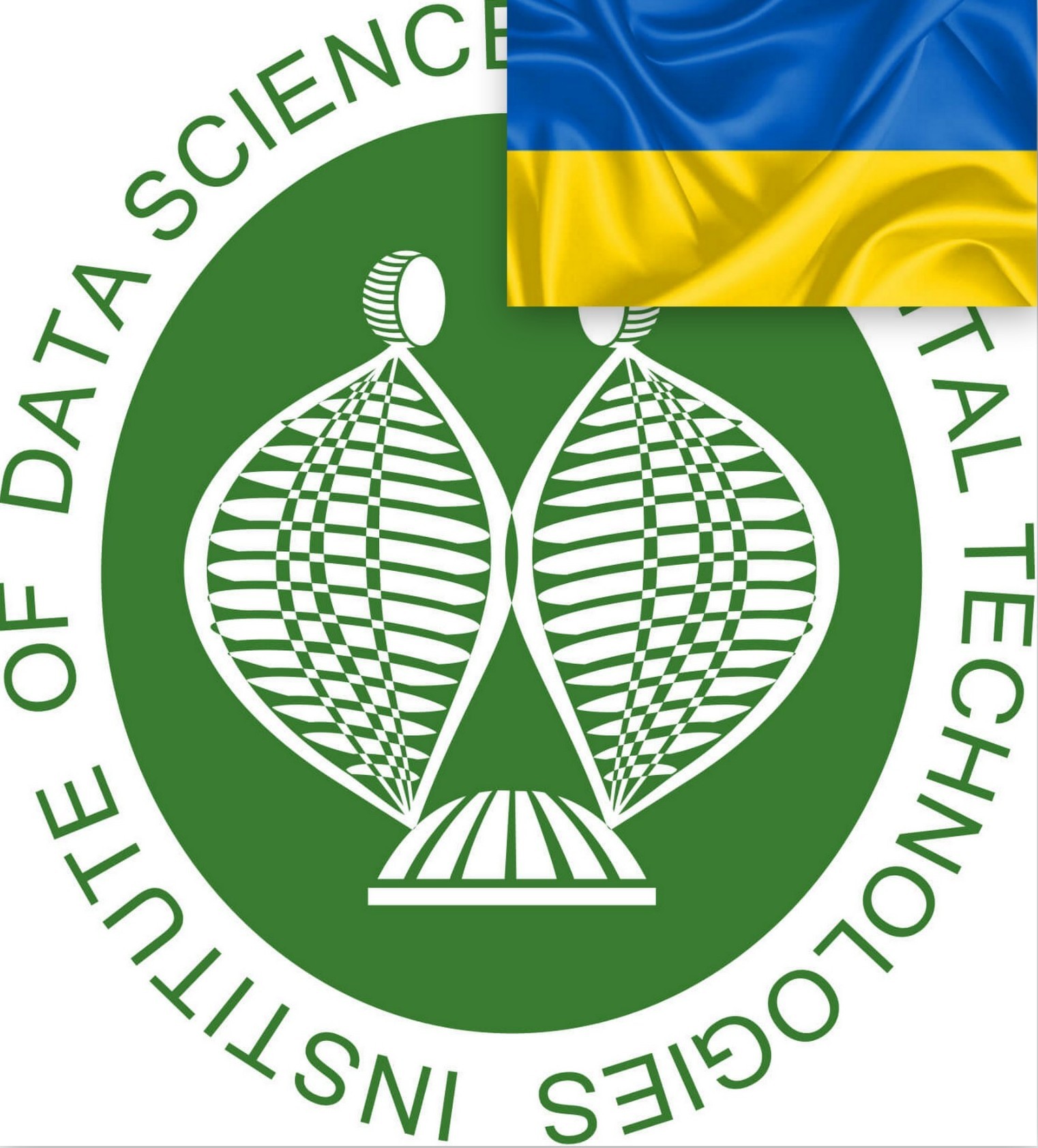
Artificial Intelligence often alarms and creates uneasiness in the society because of competition for human brain and taken job vacancies in the future – for many these images still seems like a part from science-fiction movies. Researchers from the Faculty of Mathematics and Informatics at Vilnius University (VU MIF) aim to use Artificial Intelligence (AI) in solving one of the most frequent causes of death in Lithuania – heart and cardiovascular diseases.
The key in the fight against disease is a continuous prevention. Unfortunately, statistics reveal that deaths from circulatory system diseases at home have risen by 90 percent in recent years. The involvement of business is very important for the achievement of science: the researchers of the Image and Signal Analysis Group of the Institute of Data Science and Digital Technologies (DMSTI) of VU MIF have started cooperation with the company "Zivė". The aim of this collaboration is to develop an information system for long-term monitoring of cardiac activity based on Artificial Intelligence. From 2018 until 2020, the company has developed an electrocardiogram device that is worn on the human chest and can be used at home: at rest, in sports or performing any other daily activity. Heart rate can be monitored all 24 hours by connecting the device to a smartphone or tablet - the app displays real-time heart rate data in real time.

The goal is to make the technological innovation being developed not only accessible but also user-friendly. This is followed by a long process of work, which requires considerable mental and financial resources - methods based on Artificial Intelligence, due to the abundance of computations, require highly efficient computational infrastructure, so the company „Zivė “chose the updated in 2021 equipment and available at VU MIF. Bringing business and science together for a common purpose can help create innovative products much faster. According to Povilas Treigys, vice-dean of VU MIF and head of the project researches team: „This is the responsible approach of the partners to the medical technologies being developed, bringing together both business, scientists and the latest high-performance computing technologies for heart diagnostics, especially diseases are one of the top five causes of death. On the other hand, this type of collaboration is an example of success, with qualified research and a technical base to offer high-quality products.”
Jolita Bernatavičienė, a researcher at the DMSTI Image and Signal Analysis Group, emphasizes that this project is an opportunity to contribute to the development of historical electrocardiogram data analysis tools for company ‘s "Zivė “devices: „For data analysis different methods of data engineering are being applied to identify significant signs of heart attacks, and to develop deep learning algorithms for the evaluation of electrocardiogram recordings. “
In the future, successful cooperation will allow to generate and solve new scientific tasks for the benefit of the company, generate scientific topics for bachelor's and master's theses, and the developed solutions will find their practical application in the company's new products.
 Now you are in the 1st Lithuanian (.LT) domain.
Now you are in the 1st Lithuanian (.LT) domain. 




